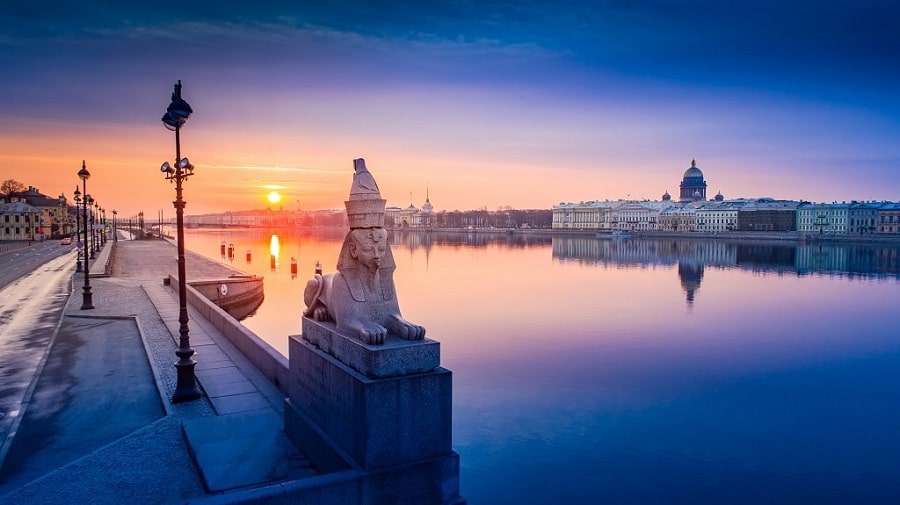Thriller Novels Return to Russia
Thriller Novels Return to Russia

The Writer’s Corner: The Craft of Writing Political Thrillers
People have asked why I focus my books so much on the Middle East. First of all, it is because I live here in Israel. The Middle East is my neighborhood. When I walk out onto my balcony and look around, every place my eyes can see is the Middle East. So one might say that I have a stake in the game.
A more practical reason, however, is that when it comes to terrorism and the threat of war and annihilation, the Middle East is the gift that keeps on giving. Just say those two words—“Middle East”—and the people around you will immediately think of war, rumors of war, insurrection, and revolution. It’s the Epicenter’s brand!
Ever since 9/11, Americans have known that their security, the future of their military sons and daughters, the price of gas, all these issues and so many more are intricately tied to the fortunes of what happens in the Middle East. The difficulty is that the issues are so complicated that most people don’t want to read a nonfiction book to help them understand the good, the bad, and the ugly of the region. A well-written thriller novel, on the other hand, pulls the reader into an exciting, high-speed, high stakes story that may center on war, terror, insurrection, revolution, or assassination. Suddenly a person is being educated without sitting down to be taught. The reader just gets in, buckles up, and lets the ride begin as the author rushes them through the Middle Eastern roller coaster.

There is a challenge, though, that comes with focusing on any part of the world. The reader may get tired of reading about it. “If I read one more story about the bad guys in the Middle East, I’m going to throw myself under the nearest herd of camels!” This was my reasoning behind writing The Kremlin Conspiracy, a story about a Russian president with aspirations of restoring the power of the former Soviet Union by invading independent republics to its west. Now as I look at Vladimir Putin’s invasion of Ukraine, I realize I published that book about four years too soon.
This problem is not just unique to me and my generation of thriller writers. Prior to 9/11, almost every novel in this genre was about the post–Cold War era in Russia and Eastern Europe. Rather than chasing terrorists, all the heroes were tracking down spies and assassins. Then the world changed, and book plots changed with it. I think we are currently reaching another turning point in thriller writing.
This invasion by Russia is going to put that country back at the top of many writers’ bogeyman list. We will also start seeing more novels about China, artificial intelligence, and biological warfare. The focus will be less and less on the Middle East, particularly as peace keeps breaking out. The Abraham Accords are wonderful for the world, but they aren’t doing my writing any favors! Seriously, though, I do recognize the shifts in international alignments, and I will need to shift with them. So I will encourage you to be watching for new locations and a range of new threats in my novels. But for those of you who continue to be intrigued by the Middle East, please do not worry. As long as I live in Israel and Iran remains just a missile shot to the east, Marcus Ryker will never run short of threats that need neutralizing around these parts.
—Joel C. Rosenberg



